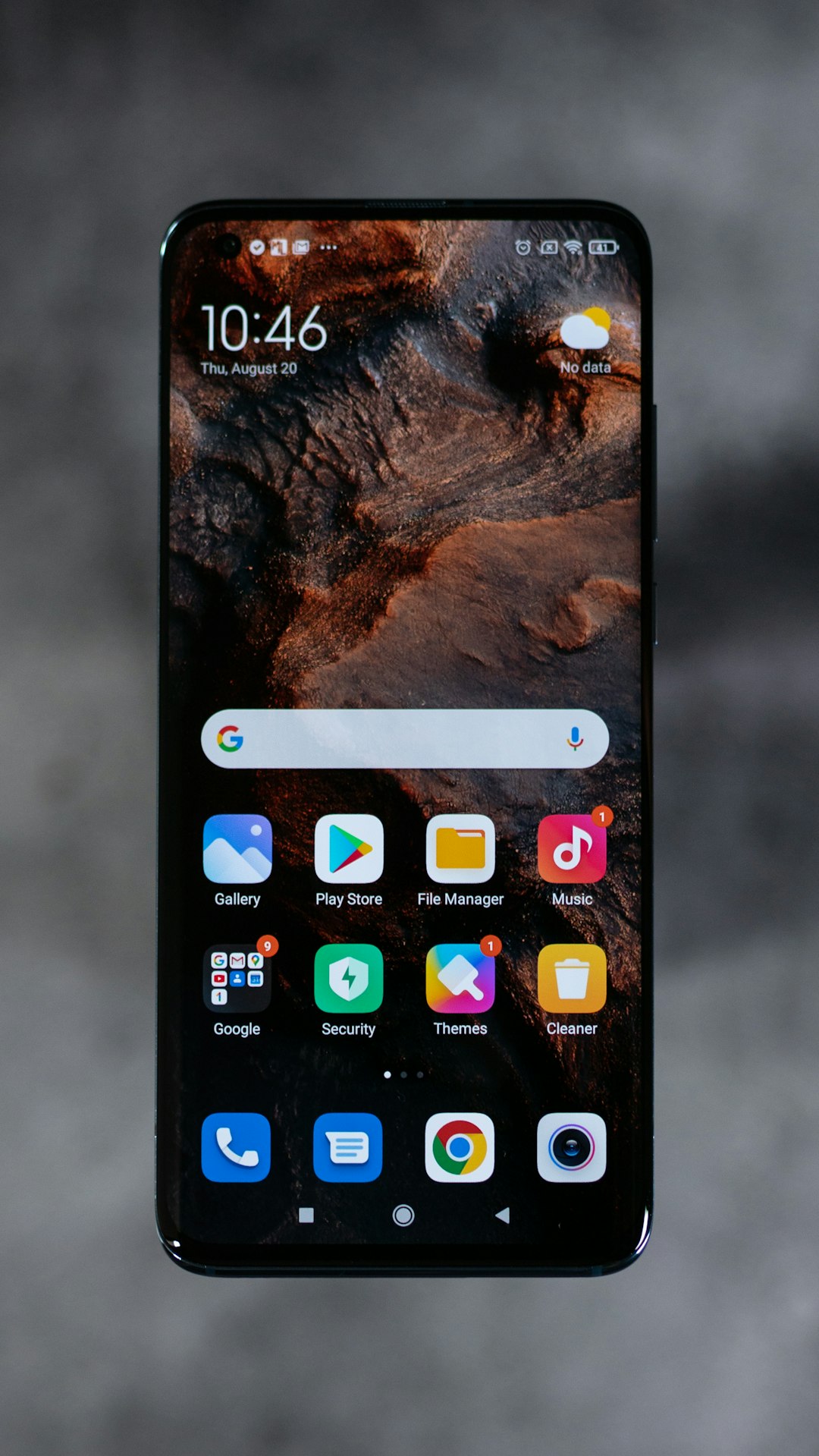Maine residents are protected from spam calls by state laws and the federal Telephone Consumer Protection Act (TCPA). A lawyer for TCPA Maine can help understand rights, assess illegal calls, and guide legal actions. They also educate on "do not call" lists. The TCPA imposes strict rules on businesses, empowers consumers to opt-out and file complaints. To combat spam and robocalls, adjust phone settings, use call-blocking apps, and consult a TCPA Maine lawyer for guidance and documentation. Maine considers stricter regulations based on the TCPA.
In today’s digital age, unwanted spam calls have become a pervasive issue for Maine residents. As these automated robocalls continue to evolve, understanding their legal implications is crucial. This article delves into the rising trend of spam calls in Maine, exploring the Telephone Consumer Protection Act (TCPA) and its role in safeguarding consumers. We’ll uncover common types of spam calls, provide practical tips on how to stop and report them, and discuss future anti-spam legislation prospects for a safer Maine. For legal assistance regarding TCPA violations, consider consulting a dedicated lawyer specializing in this domain.
Understanding Spam Calls in Maine: A Legal Perspective

In Maine, like many other states, spam calls are regulated by laws designed to protect residents from unsolicited and harassing phone communications. The Telephone Consumer Protection Act (TCPA) is a federal law that specifically addresses these issues. A lawyer for TCPA Maine can help residents understand their rights under this legislation. If a resident feels they have received spam calls, consulting with such a legal professional is advisable. They can assess whether the calls violate the TCPA and guide residents on potential courses of action.
Maine residents have certain protections against spam calls, including the ability to register their phone numbers on “do not call” lists. Lawyers specializing in TCPA cases can educate residents about these options and help them navigate any legal issues that arise from persistent or unwanted phone marketing efforts. Understanding one’s rights under the TCPA is crucial for maintaining a peaceful and undisturbed home environment.
The Telephone Consumer Protection Act (TCPA) Explained

The Telephone Consumer Protection Act (TCPA) is a federal law designed to protect consumers from unwanted phone calls, specifically from telemarketers and automatic dialing systems. It imposes strict rules on businesses and organizations that make outbound telephone calls for marketing or sales purposes. Maine residents can benefit from this legislation as it restricts the number of spam calls they receive daily.
The TCPA grants consumers the right to opt-out of receiving certain types of phone calls, ensuring their privacy and peace of mind. It allows individuals to file complaints against violators and even seek legal action, including damages, if they’ve been subjected to harassing or unsolicited calls. For Maine residents facing an excessive amount of spam calls, consulting a lawyer specializing in TCPA cases can be advantageous to understand their rights and take appropriate measures.
Common Spam Call Types and Their Impact on Residents

Spam calls have evolved over time, but certain types remain prevalent and disruptive. One common category is marketing calls, often promoting products or services with hard-selling tactics. These calls can be particularly intrusive, especially when they target residents in Maine who may not have expressed interest in the offerings. Another type is scam calls, where fraudsters attempt to trick individuals into sharing personal information or money.
The impact of these spam calls on Maine residents is significant. Many find them annoying and a nuisance, leading to wasted time and frustration. Some residents, especially the elderly, may fall victim to scams, resulting in financial loss and emotional distress. With the rise of automated technology, it has become easier for call centers to make bulk calls, making it challenging for individuals to opt out or stop these unwanted communications. Seeking legal advice from a TCPA Maine lawyer can help residents understand their rights and take action against persistent spam callers.
How to Stop and Report Unwanted Robocalls

To stop and report unwanted robocalls, start by adjusting your settings on your home phone and mobile devices. Most carriers offer options to block incoming calls from unknown or frequent callers. Additionally, consider using call-blocking apps that can identify and automatically discard these nuisance calls.
If the robocalls persist, consult with a lawyer specializing in TCPA (Telephone Consumer Protection Act) laws in Maine. They can guide you through the process of reporting the calls to relevant authorities, such as the Federal Trade Commission (FTC). Documenting the calls, including timestamps and any recorded conversations, will be helpful in taking formal action against the perpetrators.
The Future of Anti-Spam Legislation in Maine

In recent years, anti-spam legislation has been a hot topic in Maine, with lawmakers actively working to protect residents from unwanted phone calls and text messages. The Telephone Consumer Protection Act (TCPA) has been a cornerstone of this effort, setting guidelines for businesses and telecom companies to respect consumer privacy. As technology evolves, so too do spam call tactics, necessitating updated legislation.
Looking ahead, Maine may see more stringent TCPA regulations aimed at holding spammers accountable and empowering residents. A lawyer specializing in TCPA Maine can play a crucial role in navigating these changes, ensuring compliance for businesses and providing recourse for individuals who have fallen victim to spam calls. With the right legal support, Maine residents can look forward to a future where their phone lines are less cluttered with unwanted marketing messages.






